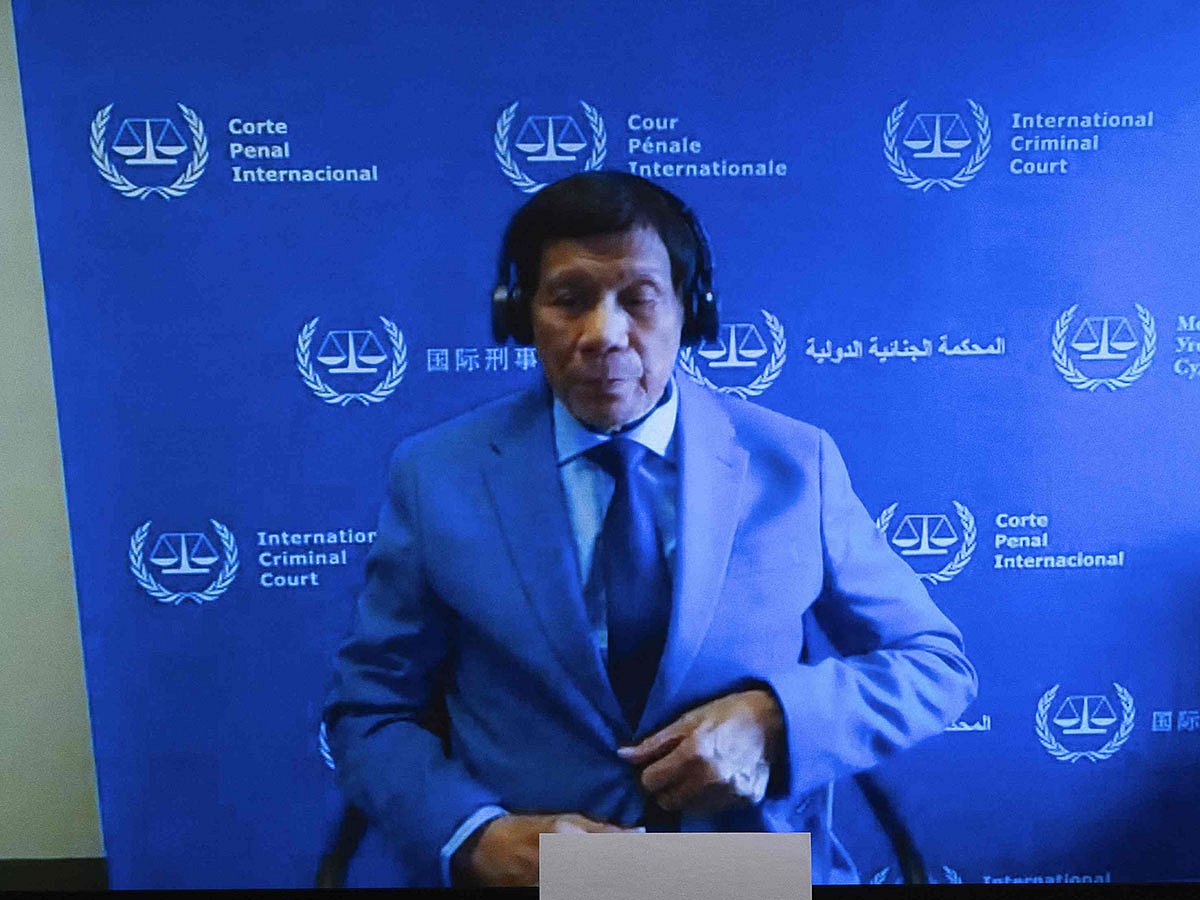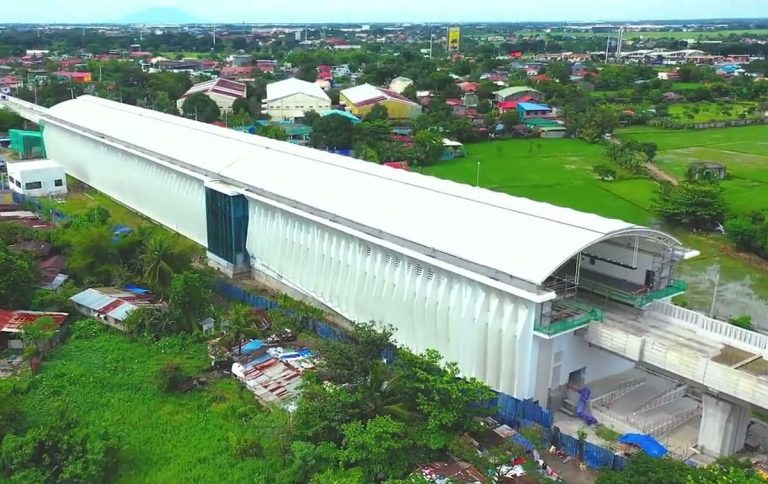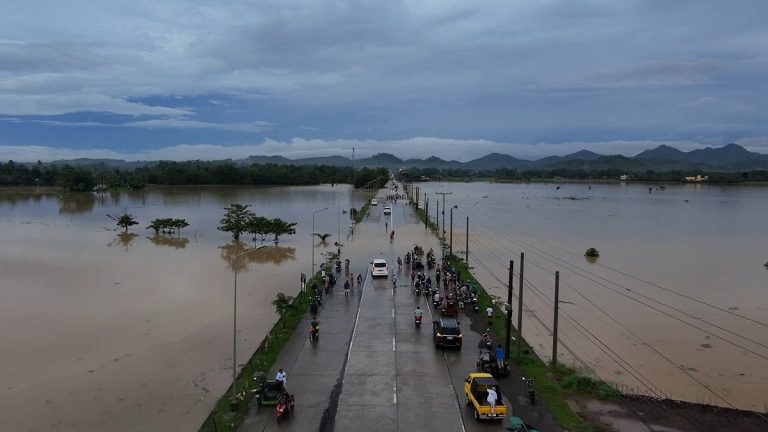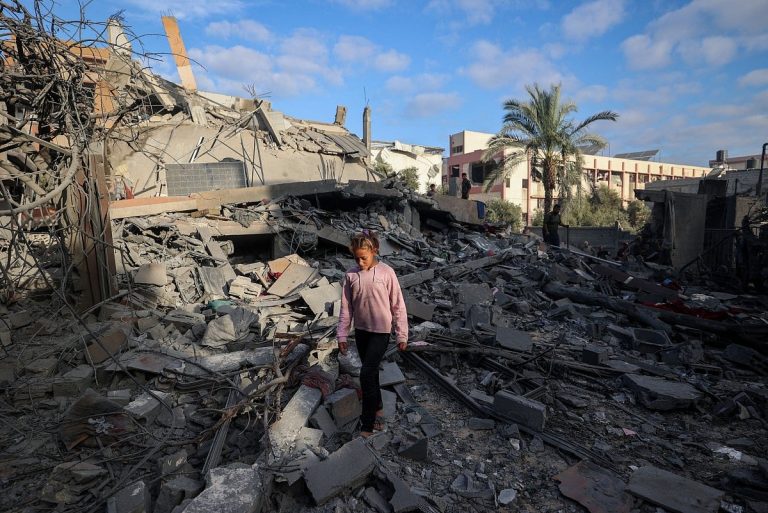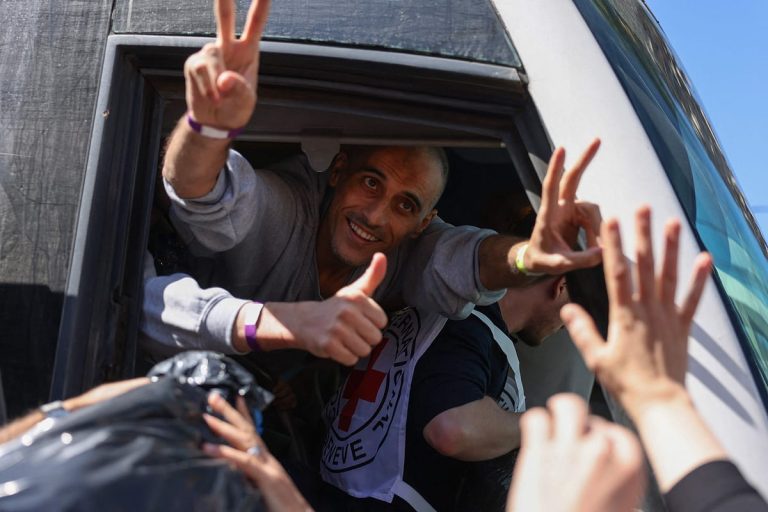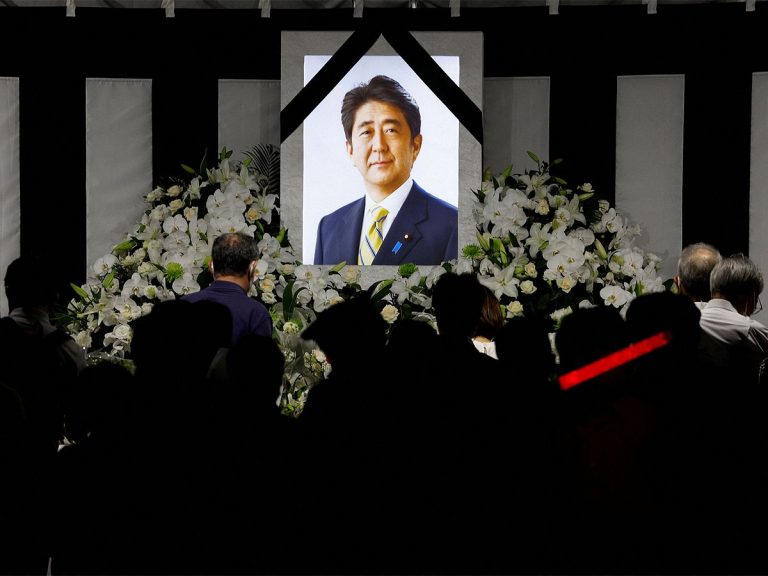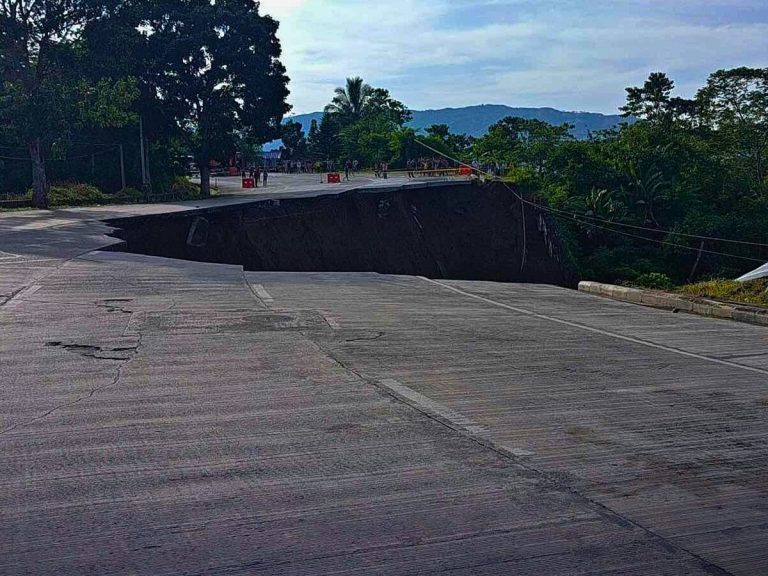ICC Denies Duterte’s Release Request Amid Health Concerns
The International Criminal Court (ICC) has decided to keep former Philippine President Rodrigo Duterte in custody after rejecting his defense team’s request for release on medical grounds. The ruling, issued on October 10, highlights concerns about Duterte’s potential flight risk and the possibility of him influencing witnesses if released.
Charges Against Duterte
Duterte faces three counts of crimes against humanity, linked to his controversial “war on drugs” during his presidency. The prosecution alleges he was involved in at least 76 murders, categorized as follows:
1. **Murders in Davao City**: The first charge involves Duterte’s alleged role in 19 murders that occurred between 2013 and 2016 while he served as mayor of Davao City.
2. **High-Value Targets**: The second count pertains to 14 murders of individuals identified as “High Value Targets” during 2016 and 2017, the period when he was president.
3. **Clearance Operations**: The third charge addresses 43 murders that took place during operations targeting lower-level alleged drug users and pushers from 2016 to 2018 across the Philippines.
Detention Decision
Duterte was arrested in Manila on March 11 and subsequently transferred to the ICC’s detention unit in the Netherlands. His initial court appearance via video link raised concerns about his health, as he appeared frail and disoriented. His lawyer, Nicholas Kaufman, has claimed that Duterte suffers from cognitive impairments that hinder his ability to stand trial, urging the ICC to postpone proceedings indefinitely.
In response to the ICC’s ruling, Kaufman expressed disappointment, arguing that the court’s decision disregards the health issues of an 80-year-old man who has been isolated from the public for over six months. He mentioned that an appeal against the ruling was filed a week prior.
Risk Assessment
The ICC judges evaluated several factors before denying the release request, including the risk of flight, the potential for witness tampering, and Duterte’s medical condition. They concluded that:
– Duterte remains a flight risk due to his political connections and support network, which includes his daughter, Sara Duterte, the current vice president of the Philippines. – There is a significant risk that Duterte could threaten potential witnesses, either directly or through his supporters. – The medical evidence presented by the defense did not sufficiently demonstrate that Duterte’s health issues mitigated the identified risks.
The judges clarified that their decision on interim release does not address whether Duterte is fit to participate in the trial proceedings. They emphasized that the upcoming “confirmation of charges” hearing will determine if there are adequate grounds for a trial, although this hearing has been postponed indefinitely while the court assesses Duterte’s health.
FAQs
What are the specific charges against Rodrigo Duterte?
Duterte faces three counts of crimes against humanity related to his “war on drugs,” involving 76 alleged murders during his time as mayor and president.
Why did the ICC deny Duterte’s release request?
The ICC denied the request due to concerns that Duterte poses a flight risk and could influence witnesses, outweighing any medical issues he may have.
What is the next step in Duterte’s case?
The next step is the “confirmation of charges” hearing, which will determine if there are sufficient grounds for a trial. This hearing has been postponed while the court evaluates Duterte’s fitness for trial.
Conclusion
The ICC’s decision to keep Duterte in custody underscores the seriousness of the charges against him and the potential risks associated with his release. As the court continues to assess his health and the implications for the trial, the legal proceedings will remain closely monitored. The next phase will focus on whether there is enough evidence to proceed with a trial, marking a critical juncture in this high-profile case.
Duterte’s “war on drugs” has drawn widespread criticism both domestically and internationally, with human rights organizations condemning the violence and extrajudicial killings associated with the campaign. The ICC’s involvement stems from a request by the Philippine government to investigate these allegations, which has led to heightened scrutiny of Duterte’s administration and its policies.
The legal proceedings against Duterte are part of a broader context of accountability for leaders accused of human rights violations. The ICC, established to prosecute individuals for crimes such as genocide and war crimes, has faced challenges in enforcing its rulings, particularly when dealing with high-profile political figures. As the case unfolds, it may set important precedents regarding the intersection of health, legal responsibility, and international law.
Also Read:
Davao Earthquake Damage Assessment and Response Efforts

